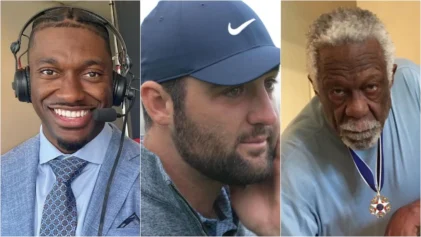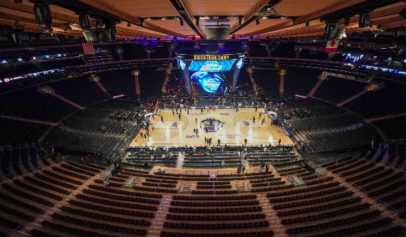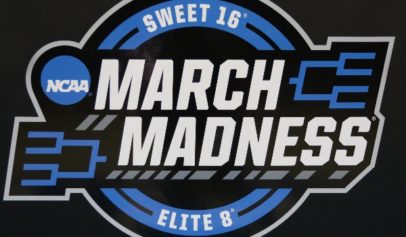A federal judge has cleared the path for college athletes to pursue a cut of live broadcast revenues.
The judge dismissed on Tuesday a motion by the NCAA to prevent football and men’s basketball players from seeking the revenues. The ruling raised the stakes for the governing body of college sports as it defends its economic model.
Judge Claudia Wilken rejected the NCAA’s motion that players in the antitrust suit, led by former UCLA star Ed O’Bannon, should be precluded on procedural grounds from advancing their lawsuit.
The NCAA had objected to the players amending their lawsuit last year to claim a share of all television game revenues, not just those from rebroadcasts.
“Now the (NCAA and its co-defendants) are facing potential liability that’s based on the billions of dollars in revenue instead of tens or hundreds of millions,” said Michael Hausfeld, interim lead counsel for the plaintiffs. “It’s a more accurate context for what the players deserve.”
Unlike NFL or NBA athletes, college players lack a union or similar body to negotiate a share of revenues flowing from media and other licensing contracts. The NCAA does not legally treat athletes as employees, and players have not organized to represent their interests collectively.
The O’Bannon suit attacks that model through the means of class action, the legal question now before Wilken. Former college stars such as Bill Russell and Oscar Robertson have joined O’Bannon on behalf of all Division I players in football and men’s basketball, asking Wilken to declare that they are similarly situated and to certify the class.
Wilken on Tuesday set the hearing on that motion for June 20 and ordered the NCAA to make its arguments against class certification on the merits rather than procedural objections such as the one she just rejected. The NCAA was joined in that motion by its partner, Collegiate Licensing Company.


